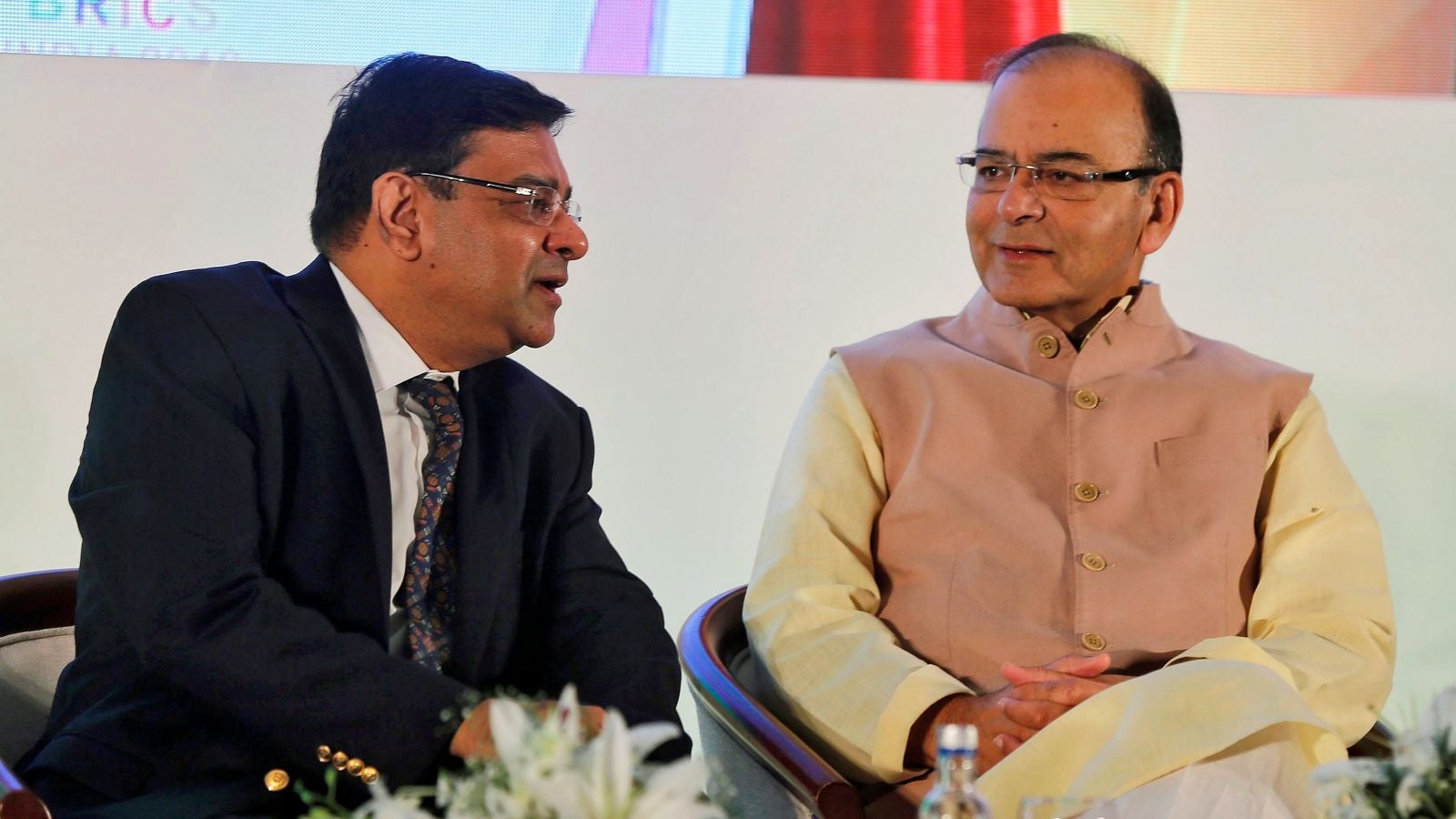Half of India’s state-owned banks risk turning into headless chickens
Some of India’s government-owned banks have a problem at the very top.


Some of India’s government-owned banks have a problem at the very top.
Alongside battling bad loans, a string of frauds, and endless losses, 12 out of these 21 public sector banks (PSBs) now stare at a leadership vacuum.
Dena Bank, Andhra Bank, and Punjab & Sind Bank have been without a managing directors and CEOs since the start of this calendar year. The corner office at the other eight lenders will soon fall vacant, the Economic Times newspaper reported on May 21.
Earlier this month, the board of Allahabad Bank took away all executive powers from the MD and CEO, Usha Ananthasubramanian, as she was charged in connection with the $2 billion (over Rs13,000 crore) loan fraud at Punjab National Bank (PNB). She was the managing director and CEO of PNB when jewellers Nirav Modi and Mehul Choksi allegedly conned the bank. Ananthasubramanian has been held responsible by investigative agencies for not being able to plug the leak.
The eight banks where the top positions are set to fall vacant over the next few months include Bank of Baroda, IDBI Bank, Central Bank of India, Indian Bank, Syndicate Bank, United Bank of India, UCO Bank, and Bank of Maharashtra. A PSB chief is appointed by the government for a three-year term and is eligible for extensions.
However, it isn’t the first time that these banks have found themselves staring at a leadership lacuna. In 2014, the top positions at five PSBs were vacant for several months. After coming to power that year, the Narendra Modi government tweaked the rules, allowing senior private sector bankers to apply for the jobs.
The Indian banking sector is choked with gross non-performing assets (NPAs) of Rs8.41 lakh crore, as of December 2017, and PSBs account for the lion’s share of these bad loans. The problem escalated after the central bank introduced new norms in February to ensure faster recognition of stressed assets. As a result, banks need to immediately recognise stressed accounts and declare them as NPAs. This has led to the lenders reporting increased bad loans. With stress rising, they desperately need strong management to steer away to safety.
The bad-loan situation is so dire at some banks that the Reserve Bank of India (RBI) has put them under a review programme, restricting lending, hiring, and branch expansion. Eleven banks are already a part of this watch-list and more are likely to be added.
In order to rescue them, the Modi government will be pumping in Rs2.11 lakh crore over the next two years. But then, these banks also need efficient leaders to put the money to good use.